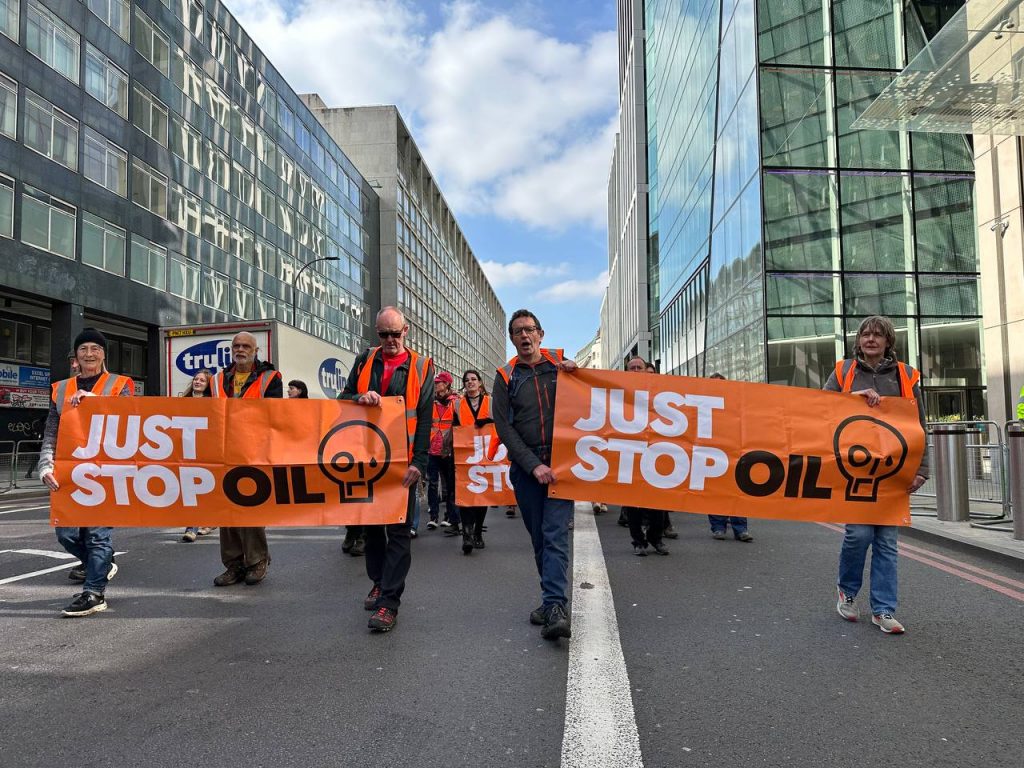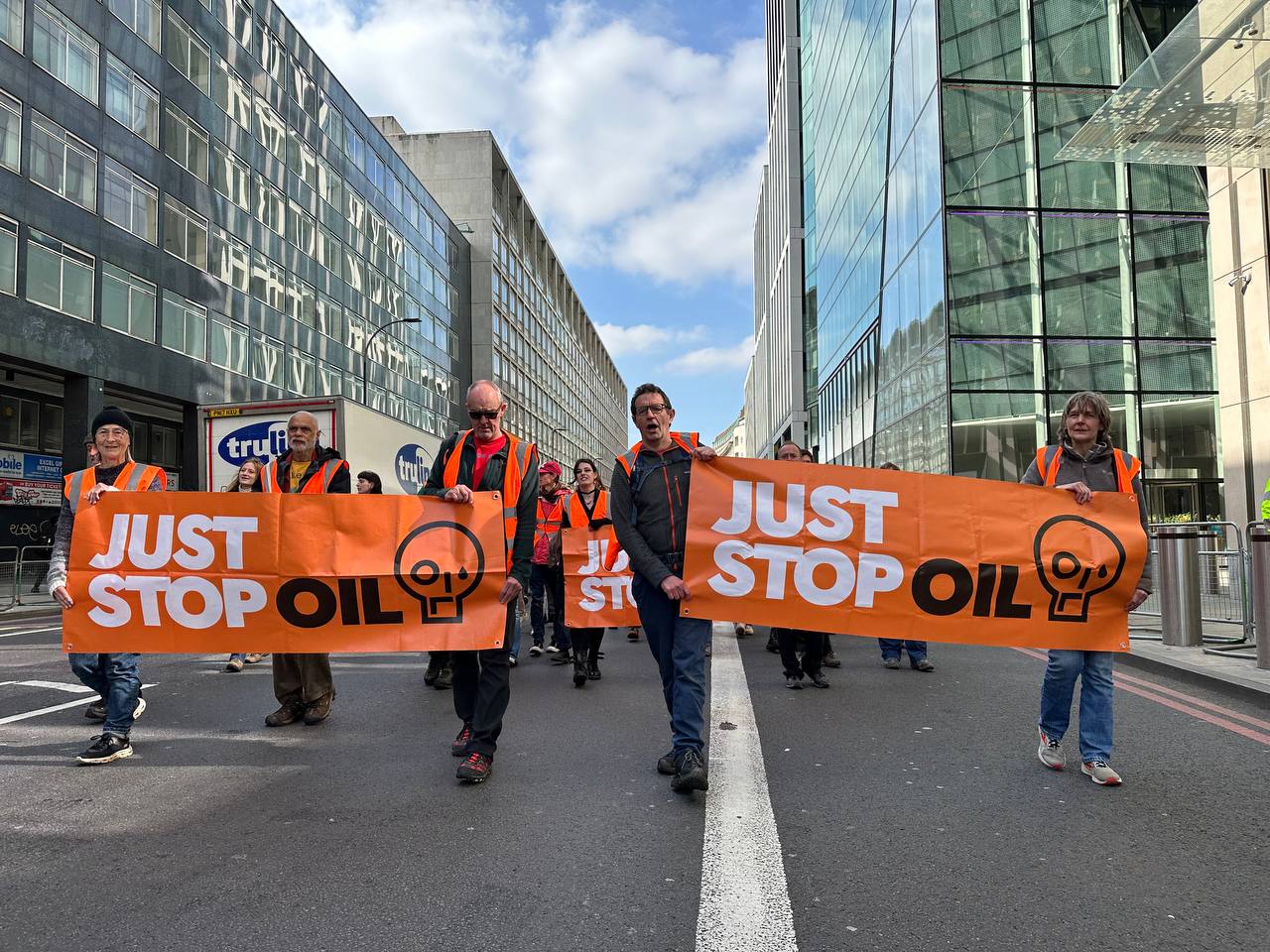Countries across Europe are using increasingly repressive measures to ‘crackdown’ on climate activists, the Guardian reports. Mass arrests and severe sentencing are increasing among the UK, the Netherlands, Sweden, Italy, France and Germany.
The UK is ‘leading the way’ in creating a ‘new legal environment’ for climate protesters by substantially curtailing on the right to protest. The police have been given the power to stop demonstrations which are deemed ’disruptive’.
This is highlighted by the ‘Just Stop Oil’ protesters, Morgan Trowland and Marcus Decker, who were both given three year custodial sentences for climbing the Queen Elizabeth II bridge last year. These are the longest sentences given by a British Judge for a non-violent protest. The protest shut the bridge from 4am on October 17th until 9am the next day and cost over £160,000.
There are similar situations elsewhere in Europe. France banned the environmental activist group ‘Les Soulévements de la Terre’, branding them ‘ecoterrorists’ after violent confrontations with the police left two protestors in a coma and 30 officers injured. In the Netherlands, over 1,5000 activists were arrested after police used water cannon. Seven of those arrested were convicted of sedition. Sweden convicted activists of sabotage after they blocked highways, while Germany arrested 4,000 people for similar activites.
Michel Forst, the UN’s Special Rapporteur on Environmental Eefenders, describes the situation in the UK as ‘terrifying’ and that other countries are ‘looking at the UK’s examples with a view to passing similar laws in their own countries, which will have a devastating effect for Europe.’
Amnesty International have launched an investigation into the ‘continent-wide crackdown’ on protests: ‘Peaceful protesters are left with no choice but to stage public protests and non-violent direct actions… There’s alarming evidence of criminalisation, harassment, stigmatisation and negative rhetoric towards environmental defenders.’
Richard Pearshouse, the director of the environment division of Human Rights Watch said the restrictions placed across Europe are ‘short sighted’ and ‘governments need to respect the rights to assembly and expression, and ramp up their own environmental protections and climate ambitions. That’s the only way we have a chance to get out of this climate crisis with our democratic
institutions intact.’
A spokesperson for the UK Home Office stated, ‘the right to protest is a fundamental part of our democracy but we must also protect the law-abiding majority’s right to go about their daily lives.’







